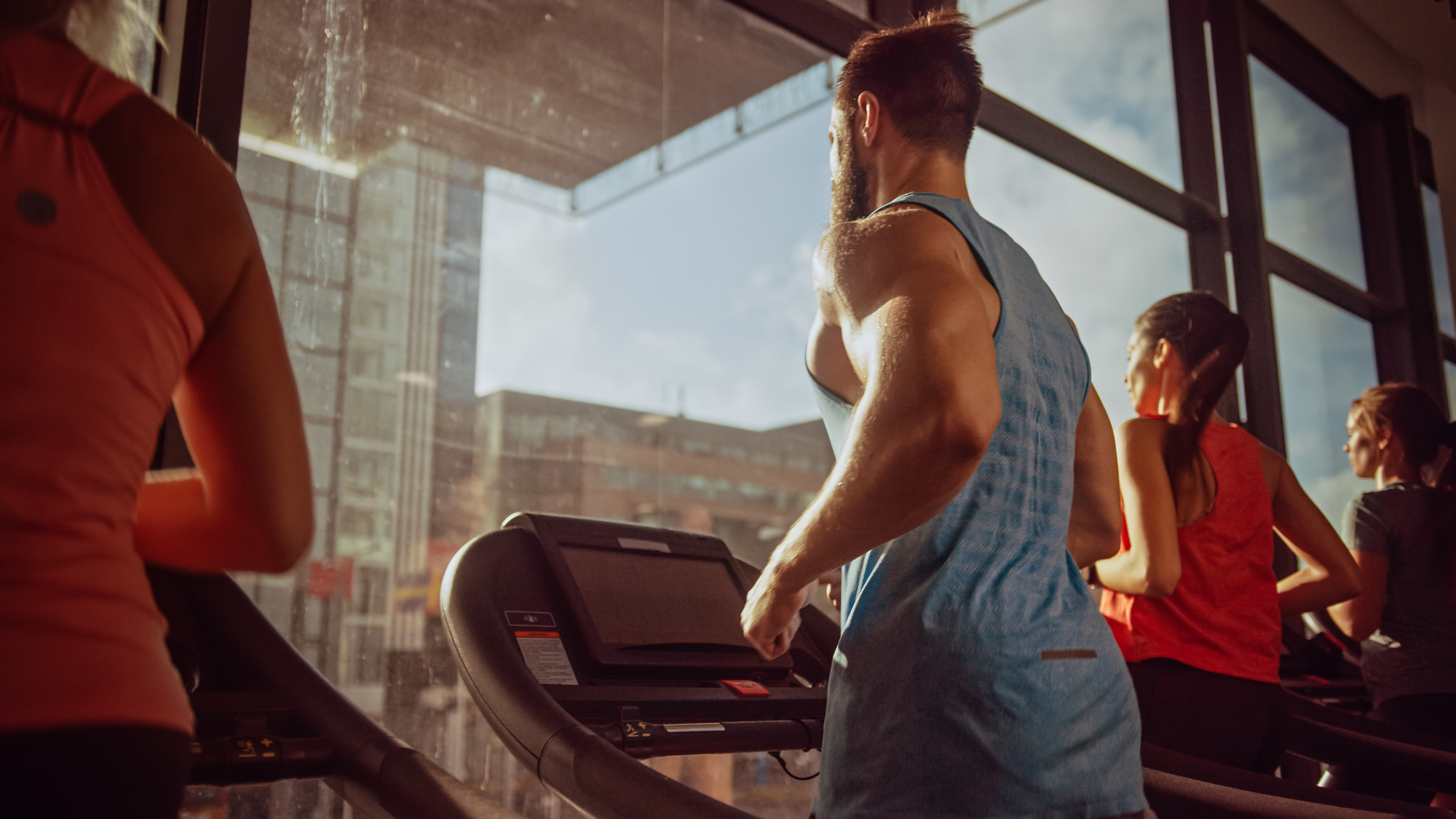

A popular New Year’s resolution is to exercise more. Whether you’re training for a marathon or looking to get healthy, how you prepare for the gym is key. One decision you’ll have to make is whether you eat before your workout.
Exercising on an empty stomach is commonly thought to help burn fat. The logic is that people use fat and sugar for energy, so by not having anything in your stomach, you will burn off stored fat reserves in the body. However, the science to support this exercise “hack” is inconclusive. While working out on an empty stomach is not necessarily dangerous, depending on your fitness goals, it may be less than ideal.
“The answer is yes and no depending on your goals and capabilities,” says Alexander Rothstein, coordinator and instructor for the exercise science program at the New York Institute of Technology.
Exercising to burn fat
The research looking into the pros and cons of fast-and-burn workouts is limited. For some people who exercise on an empty stomach in the morning, higher rates of fat oxidation have been observed than in people who ate a meal containing carbohydrates 0.5-three hours earlier; a single session of aerobic exercise on an empty stomach can increase the use of reserved fat as a fuel source. In a 2022 study, fasting before evening exercise showed similar effects–it also impaired athletic performance.
One issue is that the benefits of fasting are short-term. While individuals do burn a percentage of reserved fat when fasting before exercising, Rothstein says there’s usually less total fat burned over time. That’s because the intensity needed to sustain a high-impact workout is more than the body can handle when it’s running on empty. For example, the 2022 study also found that fasting participants had a harder time maintaining the workout: When cycling as much as possible in 15 minutes (measured in kilojoules), participants that fasted for seven hours before the evening experiment underperformed compared to those that didn’t. Additionally, fasting participants were less motivated to work out and less happy after completing the exercise.
Trying to push ahead while your body has no fuel to maintain an intense exercise can create some physical risks as well. Rothstein says people can become light headed from low blood sugar and dehydration, especially in the morning when people often wake up thirsty. People may also feel weaker as the body lacks the fuel reserves, and this can lead to injury if working with heavy gym equipment.
“Get some food in your stomach,” advises Rothstein. “It does not have to be anything heavy, but something that will keep their blood sugar at appropriate levels.” If not, he says people should take it a little easier and lower the intensity of their workout.
Exercising to build muscle
If you’re looking to get stronger, fitness experts recommend against fasted exercise. Christina King, a sports dietitian at Memorial Hermann and Rockets Sports Medicine Institute, says it is more beneficial to eat some kind of carbohydrate-based meal before a workout. Eating before exercising gives the muscles fuel to adapt to the intensity of the exercise, and eventually, it will change your body to support greater endurance and strength during high-intensity workouts.
King recommends four grams per kilogram of carbohydrates in the one to four hours before exercise. The time you work out matters. Working out in the afternoon or evening affords a lot of time to eat this recommended carb intake. But if exercising first thing in the morning is more your style, King says it’s not a great idea to eat a big breakfast where you’re consuming four grams per kilogram of carbs at once. “That’s a lot of carbohydrates in one sitting.”
If you’re working out early in the morning, try eating a small carb—a large banana, a cup of oatmeal, or two slices of toast—before exercise. That’s because carbohydrates are stored as glycogen, which muscles prefer to use as fuel during high-intensity workouts. Since your glycogen reserves are already depleted throughout the night during sleep, King says it becomes more difficult to get through an intense workout on an empty stomach.
“Adding some carbohydrates to the glycogen stores gives you a little more gas in the tank, so your muscles are ready to go,” she adds.
Exercising for general health
For people looking to stay healthy, Rothstein says not eating before a workout should not be too detrimental if it is a short and low-impact activity like walking. However, if you’re looking to get any other benefits beyond getting your body moving, King says you will need some food in your stomach. Though whether or not you decide to fast, make sure to eat afterward to help your body fully recover from the stress of the workout.
